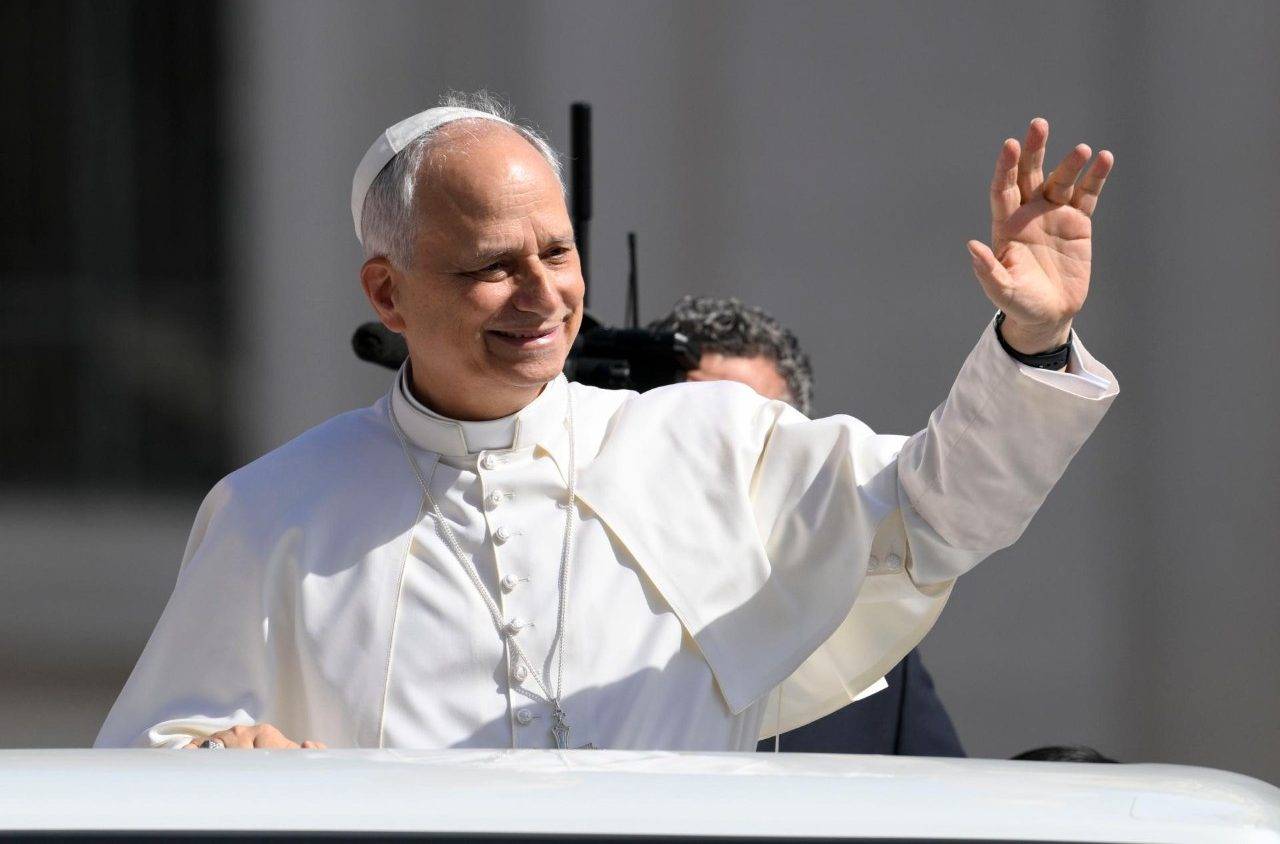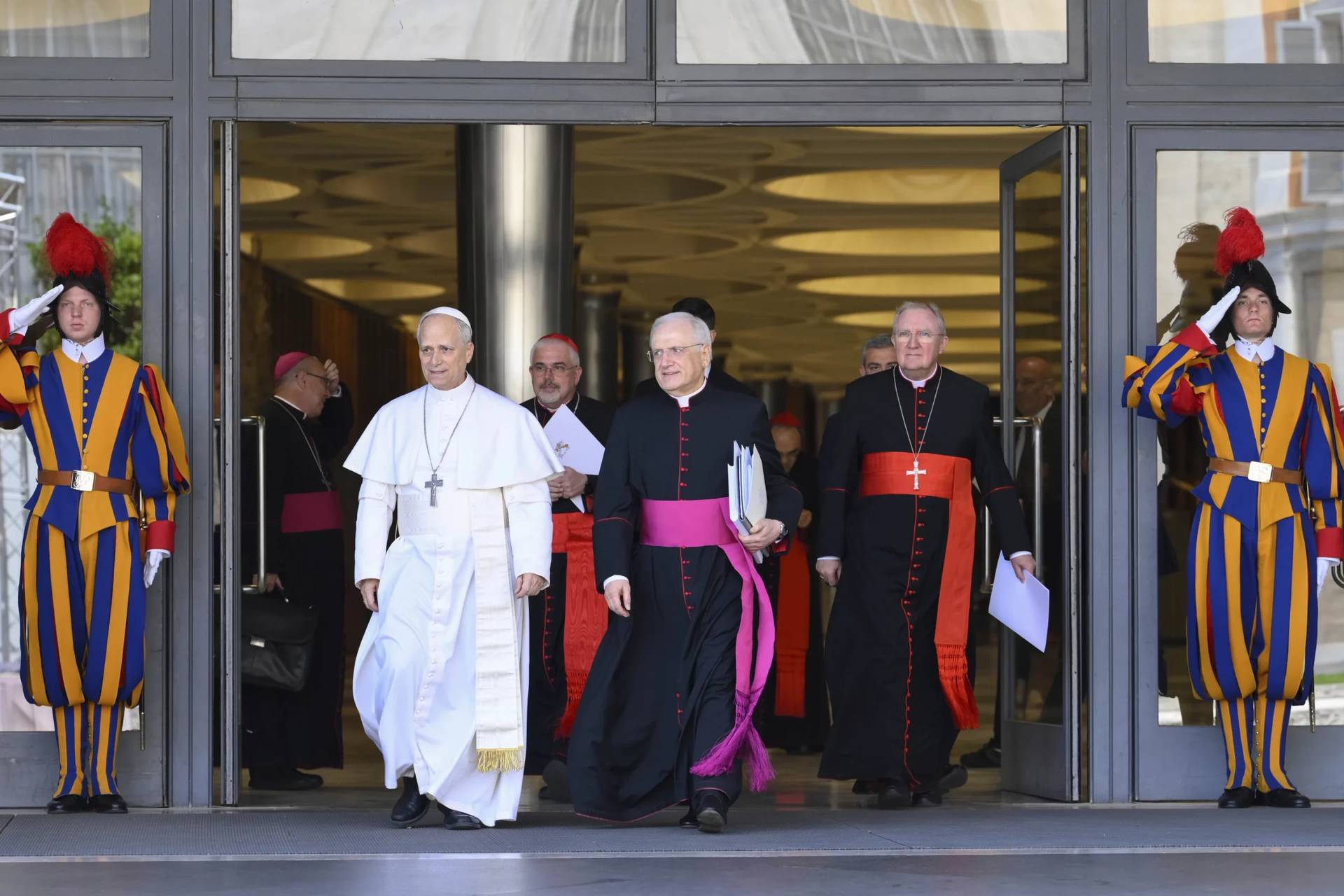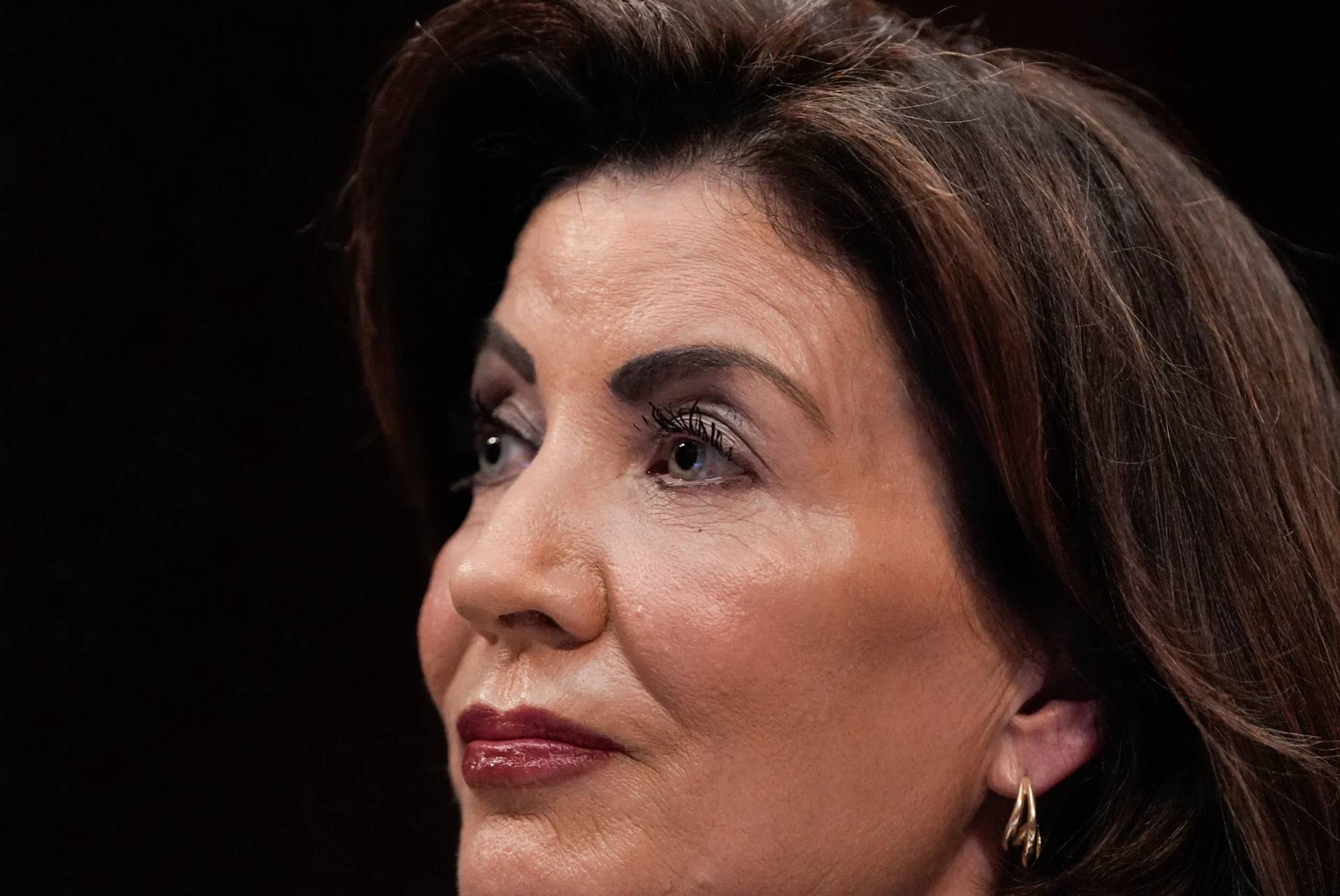DENVER, Colorado – Cardinal Sean O’Malley of Boston, who speaks both fluent Spanish and Portuguese and has long experience of Latin America, is a papal appointee among the 184 voting members of the Oct. 6-27 Synod of Bishops on the Amazon. As he generally does, O’Malley is using his blog to share impressions, and on Friday he issued a mild rebuke to reporters that could be a sign of things to come.
“Despite the impression that is being given in the media,” O’Malley wrote, “the synod is not some sort of a referendum on priestly celibacy.”
Before the synod even began, Pope Francis himself insisted that married priests would not be its main focus, saying it’s chiefly about evangelization in the Amazon.
It’s reminiscent, in a way, of similar complaints around the two synods for the family in 2014 and 2015, in which officials and participants complained of an excessive media focus on debate over Communion for Catholics who divorce and remarry outside the Church. Famously, such frustrations were what led Francis to deal with the subject only in a footnote in his 2016 document after the synods, Amoris Laetitia.
Yet in all fairness, it’s not as if the idea of ordaining married men to serve isolated rural communities in the Amazon which, at present, may see a priest no more than once a year, hasn’t actually been pretty prominent.
There appears to be considerable support for ordaining the so-called viri probati, meaning tested married men, with Retired Bishop Erwin Kräutler of Xingu, Brazil, telling reporters Wednesday that “two-thirds” of bishops in the hall back it. On Saturday morning, according to a Vatican news bulletin, another participant floated the idea of a sort of “short-term” ordination to fill specific gaps.
“A speech proposed launching local experiences of temporary ministries for married men, provided they’re recognized and approved by the local ordinary and by the ecclesial community,” the bulletin reported.
One might think today’s canonization of John Henry Newman might provide a respite from such debates, but honestly, it’s just as likely to contribute to them, with various people jousting during the days to come over what Newman might say about the Amazon synod if he were around today.
(In the Apologia, Newman said that Catholicism’s defense of an unmarried priesthood at a time when it was unraveling in the Church of England was an early part of the journey that led to his conversion: “Her zealous maintenance of the doctrine and the rule of celibacy, which I recognized as Apostolic, and her faithful agreement with Antiquity in so many other points which were dear to me, was an argument as well as a plea in favor of the great Church of Rome.”)
However, voices such as O’Malley do have a point that the discussion in the current synod is far broader than a “yes” or “no” to married priests, touching on disparate themes such as ecology, the impact of extractive industries, the rights and dignity of indigenous persons, the importance of education, the inequities of globalized capitalism, and lots else besides.
Perhaps one difficulty in getting those of us in the media to focus on those subjects is that while they’re undeniably important, it’s hard to know what the Catholic Church can really do about them. In concrete terms, the pope could permit married priests tomorrow; he cannot, at least by himself, reverse climate change or solve income inequalities.
In that light, if synod participants are indeed irritated by what they see as an excessive focus on married priests, perhaps it’s time to begin putting other specific steps on the table which are actually under the Church’s control.
For instance, there have been a couple of fleeting mentions so far of the idea of a special rite of the Mass for the Amazon, which would signal respect for indigenous cultures and religiosity by incorporating some of their language and customs into the liturgy. Such an adaptation would be similar to the so-called “Zaire Use” version of the Mass proposed by African bishops in 1969, after the Second Vatican Council, and finally promulgated in 1988.
If there’s indeed support for it, perhaps participants could begin fleshing out what such an inculturated Amazonian liturgy might look like, including exactly what language and which rituals could be included. That could well give the media something else to bandy about, especially in light of the mini-fracas that erupted just before the synod when Pope Francis took part in an indigenous ceremony staged in the Vatican gardens.
To take a different example, there’s been a considerable amount of talk about promoting the role of women in the Church in the Amazon, with one speaker yesterday morning insisting that religious sisters especially should “no longer walk ‘behind’ but ‘beside’ ordained clergy, in the perspective of an ecclesial synodality far from clericalism.”
Perhaps it’s time to get concrete about that too.
For instance, though so far as I know no one’s mentioned this yet, what about reviving a modern form of the medieval abbess? It’s well known that some abbesses in the Middle Ages, though never ordained, de facto were far more powerful than many bishops, owning vast tracts of land, supervising clergy, and acting as landlords, revenue collectors, magistrates, and managers.
Perhaps some equivalent to the strong abbess role could be envisioned for women religious in the Amazon today, which, among other things, might help convince people the Church means what it says when it insists ordination is not about power but service.
Granted, it may be unlikely that either of those steps, which could come off mostly as inside Catholic baseball, would have as much media cachet as the idea of married priests. At least, however, if a reporter were to ask, “What else should we be talking about that’s actually up to you?” there’d be an answer.
Give us something else to talk about, in other words, and – well, then, we’ll talk.
Follow John Allen on Twitter: @JohnLAllenJr
Crux is dedicated to smart, wired and independent reporting on the Vatican and worldwide Catholic Church. That kind of reporting doesn’t come cheap, and we need your support. You can help Crux by giving a small amount monthly, or with a onetime gift. Please remember, Crux is a for-profit organization, so contributions are not tax-deductible.
















